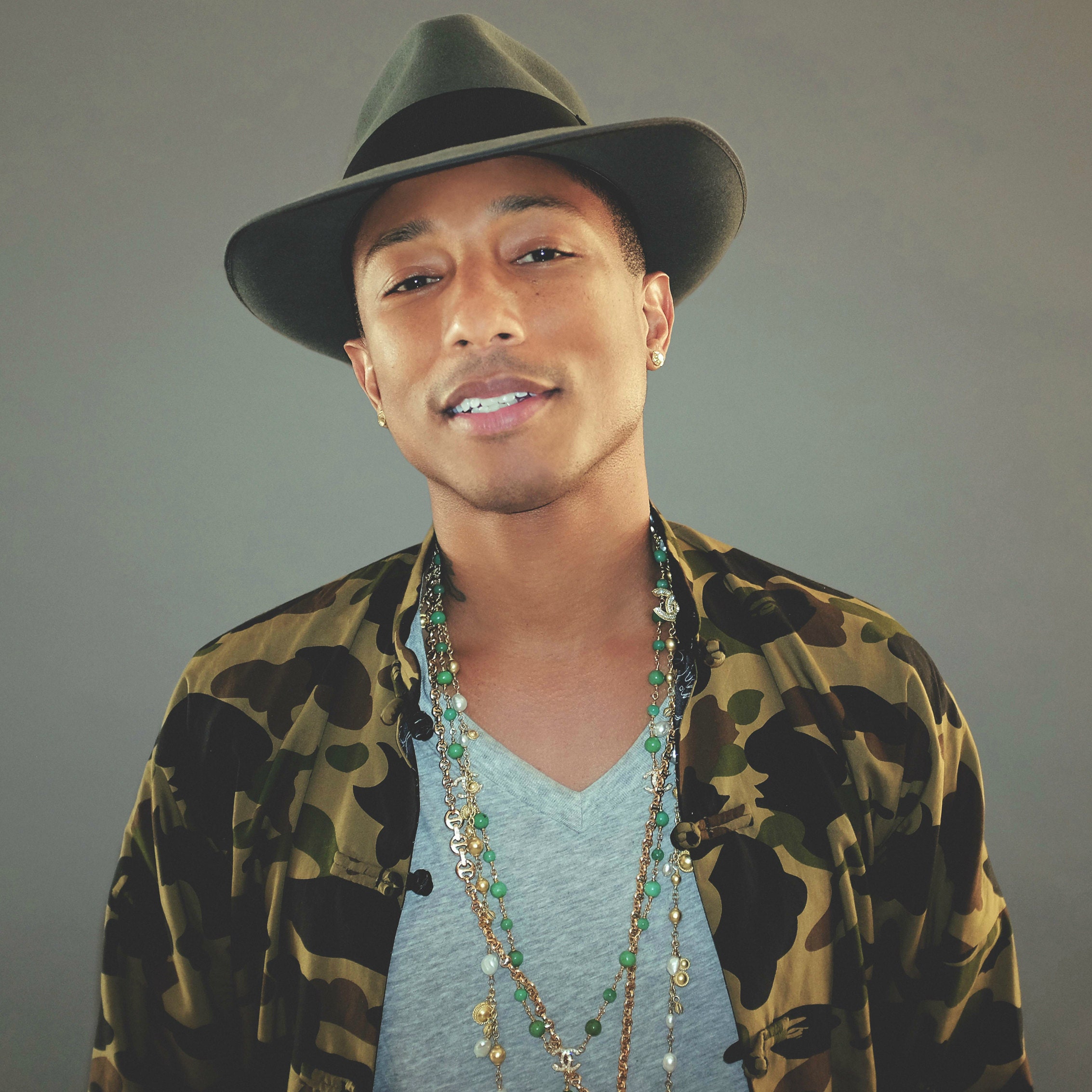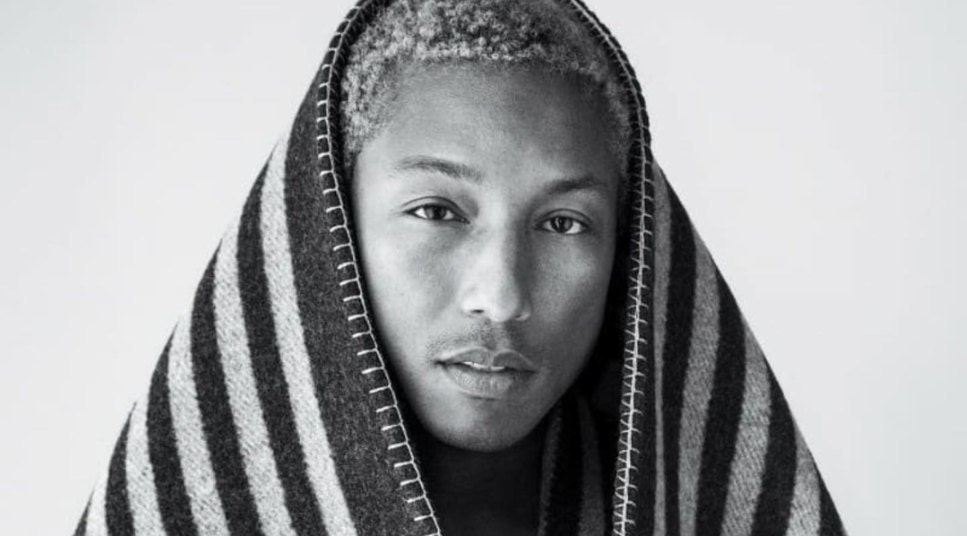Pharrell Williams is a music producer who has had a significant impact over the last three decades. He is a phenomenal singer-songwriter who has won 13 Grammy awards. As a cultural innovator, he has founded numerous brands, crossed over into the music and fashion worlds in a variety of ways, and guided dozens of collaborations with what appears to be effortless ease.
Williams has risen to prominence in our cultural lives with uncanny ease. In his fashion career, he has walked the Chanel runway, teamed up with Japanese fashion designer Nigo to create two bestselling streetwear brands, worked long-term with sportswear giant Adidas, and started a skincare label called Humanrace.
Williams does not work as a fashion designer. However, this did not stop him from being named this week as the new creative director of menswear for the Louis Vuitton brand, which is owned by LVMH, one of the most prestigious positions in the business. For the first time in 2022, Louis Vuitton's sales exceeded €20 billion, making it the group's largest and most prosperous maison. The majority of its revenue comes from the sale of handbags. Clothes account for only a small portion of total sales.

Williams' appointment, however, is accompanied by a covert admission from a company that has long championed the idea that expertise and craftsmanship are more important than celebrity when it comes to attracting customers.
Williams is not the first fashion designer who may not have studied drape and fold or who may not have received a basic education in pattern-cutting. Ralph Lauren built his fortune by selling home-made ties to retailers. Karl Lagerfeld never studied fashion. When Miuccia Prada returned to Milan to take over the family's leather business and launch her debut clothing line, she had already earned a PhD in political science.
However, none of these people were famous, and none of them had previously made a name for themselves in any industry. This latest appointment appears to be the pinnacle of the celebrity appointment trend, in which former finance ministers are appointed as editors of newspapers, TikTok influencers are given TV shows, and social media stars are appointed as editors of magazines.
In this tradition, LVMH has some form. In 2019, the group launched only its second-ever start-up business, backing Rihanna's Fenty, a direct-to-consumer project that failed after two years. However, it was a huge success with the appointment of Virgil Abloh to the role now held by Williams. Abloh, a creative polymath and DJ who collaborated with Kanye West and has a background in architecture and furniture design, was heavily criticized by traditionalists when he was appointed in 2018. When he died in 2021, however, he left a legacy large enough for the brand to launch a full year of projects and posthumous collections with no successor in the wings.
As a result, the response from the industry to the news of Williams' new position has been positive, which is to be expected when his employer is the richest person in the world. And no one is claiming that Williams lacks vision or creative brilliance. Simply put, where do we go from here?
What about the fashion students at Central Saint Martins in London, who are now finalizing the details for their graduation shows? Who do they look to for inspiration when it is blatantly obvious that your ability to amass millions of followers will have a far greater impact on your employment prospects than your education and experience? Why go to college if you can go viral with a video? Why study design for years? "There's no requirement for a designer in this new system," one designer tells me. Except that, presumably, even the most hyped-up appointment requires a team that includes a silent heavy hitter.
"Why do we bother?" and depression were my first thoughts after hearing the news, says Cozette McCreery, a fashion consultant and mentor for numerous up-and-coming brands. "Seeing the diverse group of outstanding designers in the [original Louis Vuitton] running gave me hope for one of them to get the significant platform and financial break they deserved," the author said. Do not misunderstand me; Pharrell is undoubtedly creative. I have no doubt that the collections will sell because he will have the best team. I just think it's a shame that pop celebrity, rather than years of learning in college or on the job, gets you the job."
Not the only industry where celebrity is outpacing experience is fashion. Every aspect of culture is now governed by the influencer market, from Broadway casting to book deals and million-dollar brand partnerships. Williams represents an ethos where the name is more important than the job's actual requirements, even though he is by no means just an influencer.

